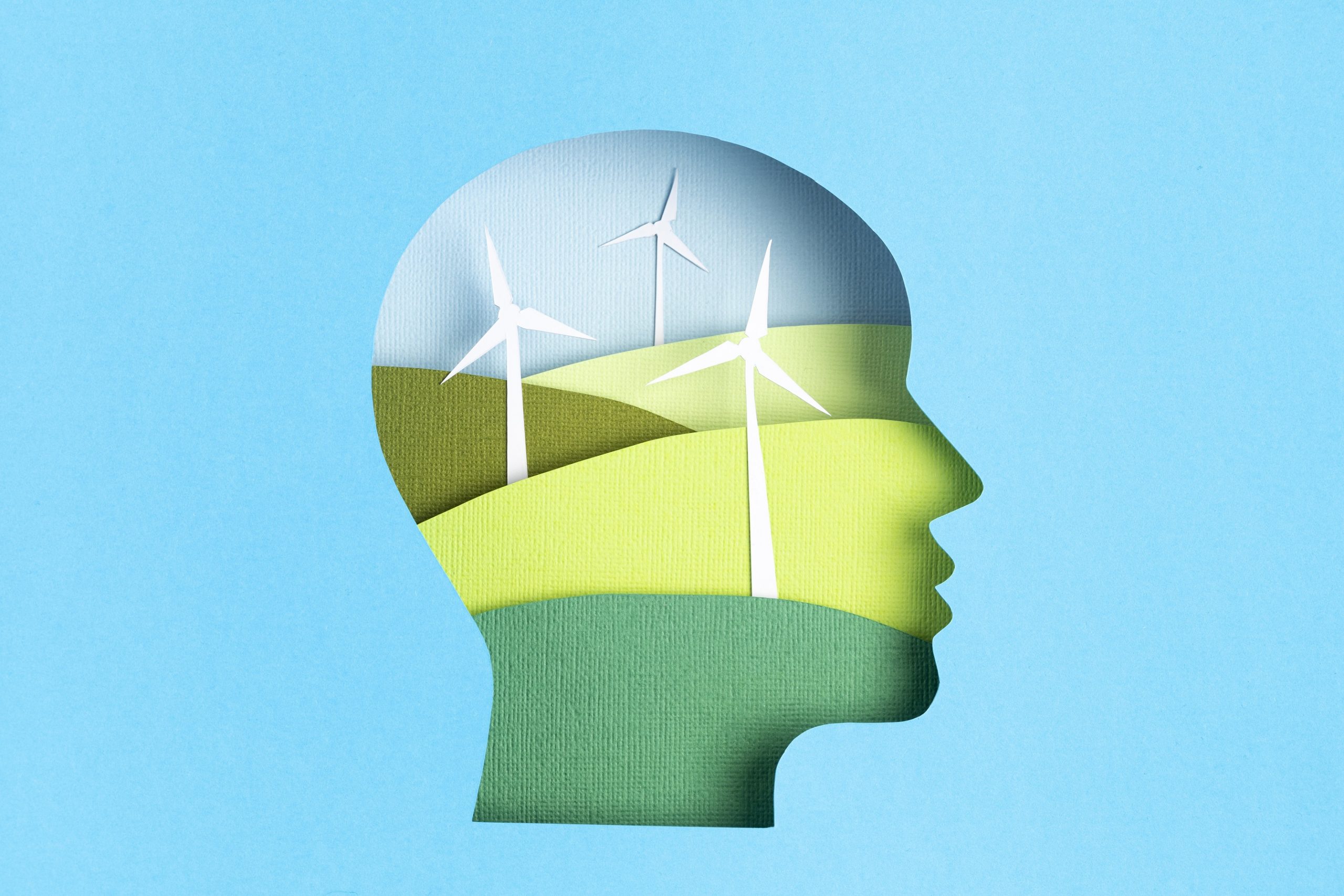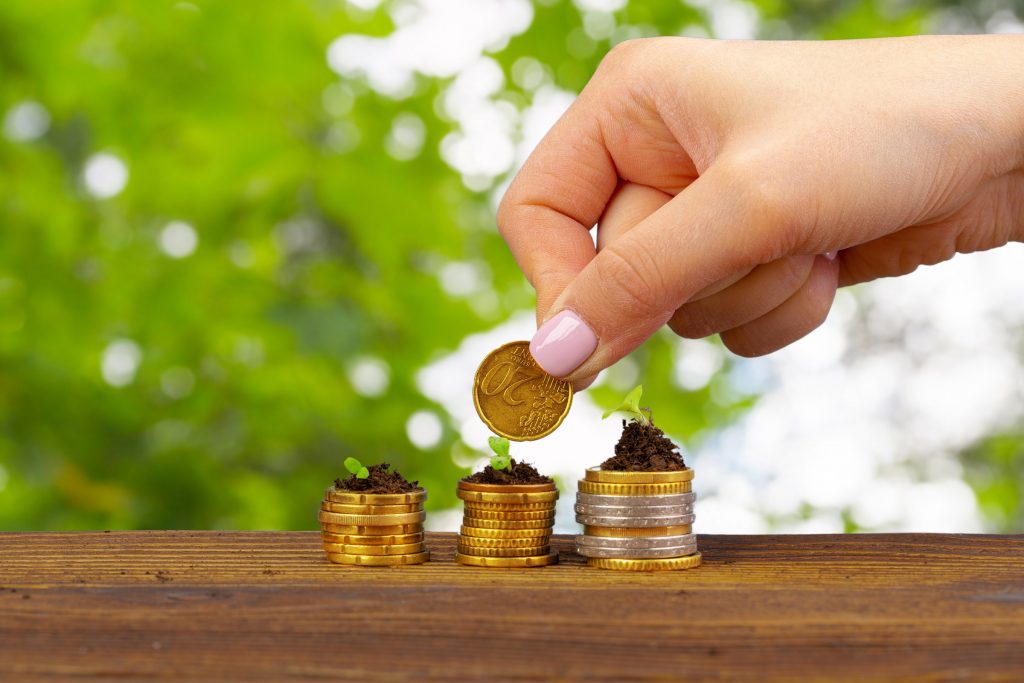
Sustainable development is that meets the need of the present without compromising the ability of the future generations to meet their own need
– Gro Harlem Brundtland (Mother of Sustainable Development)
A continuous and controlled development that results in social change across cities and municipalities around the globe is known as sustainable development. The aim for a greener and cleaner tomorrow is to secure opportunities for healthy living for the present and future generations too.
However, sustainable development cannot be justifiable without logical, rational, and adequate use of natural resources at the same time. The world can shift to sustainability with intelligence and systematic intervention during the evolution process.
The pioneering concept of sustainable development was initiated with the environmental scope in the 1980s. The original formulations related to sustainability are found in the 1980’s World Conservation Strategy for Conservation of Nature and Natural Resources (UNEP/WWF/IUCNNR, 1980). It was presented by the UN Environment Programme, the International Union, and the World Wildlife Fund. This concept proposed three elementary features – economic development, social development, and ecological importance – which have been a basic platform for all sustainable development globally today.
Economic development discusses the importance of fulfilling the needs and requirements of the people without negotiating on the quality of life while decreasing the financial weight of the whole process.
Social development refers to upholding the access to elementary natural resources that are required to keep humankind alive. Whilst creating authorized and legal protection of societal health from pollution and other toxic activities created by businesses and organizations.
Environmental protection involves technologies that can create a greener future by providing sophisticated and nontoxic solutions to protect the environment. How we use the surrounding environment without adversely affecting it as well as positively impacting the environment will ensure a better and cleaner environment.
Unless we embrace our ecosystem and the diverse life on our planet earth we cannot thrive in a sustainable environment. Sustainability helps us to connect with the natural vegetation, flora, and fauna that creates an ecosystem of interdependence and understanding.
Sustainability is a concept that is to be addressed with urgency as we are already facing the brunt of exploiting mother nature – climate change, loss of natural habitat, natural disasters, etc. If we don’t change, our actions are going to create havoc and the damage to the environment will be beyond repair.
Though sustainability seems like a recent topic, many of us have been working on it for years. Living a sustainable life is what will make us live long, healthy and it will make our environment hale and hearty that can support our future generations as well.
To preserve and ensure a better life quality, we can use many positive changes in our daily lives starting from the very point of where we are living – Our Homes.
Yes! The very old mantra is what we are talking about. It simply means to reduce your waste – use products that are not thrown after one or two uses, reuse your waste – try to reuse the waste products in a way that you can create lesser waste and recycle your waste – refurbish the waste that you think can be used differently in and around your house.

Main Principles That Govern Waste Management Policy
Growing food in your kitchen garden (does not matter the size) is one of the best ways to sustain. It can offer you many health benefits like eating food without pesticides and other chemicals that are used by the farmers or the sellers to keep them fresh.
Starting your compost from the green waste produced in your kitchen is a process of reducing, reusing, and recycling that can decrease the waste pile too.
The decisions that we do while purchasing the type and quality of products impact the environment positively and negatively. Buying something expensive but are produced and created under sustainable conditions that balance the ecological and social development are more economical, as these products last much longer.
These are some of the approaches that can help you create a more sustainable environment around you and will benefit your family and society too. Take a step forward and create a difference and you never know your one step can model the behavior of your future generations too. Thus, creating a chain of a sustainable future for humankind.
Do you know about the importance of Bats for our environment? Read it here.
Leave a Reply